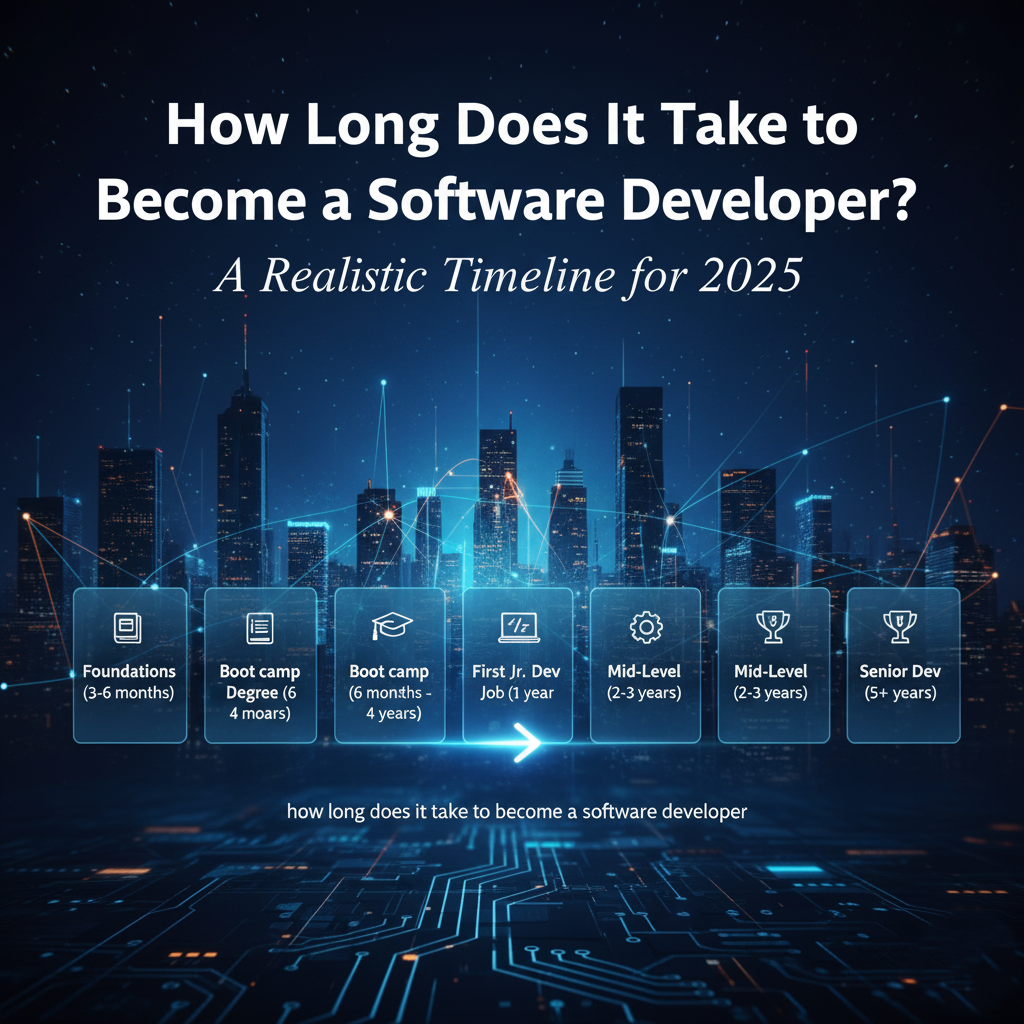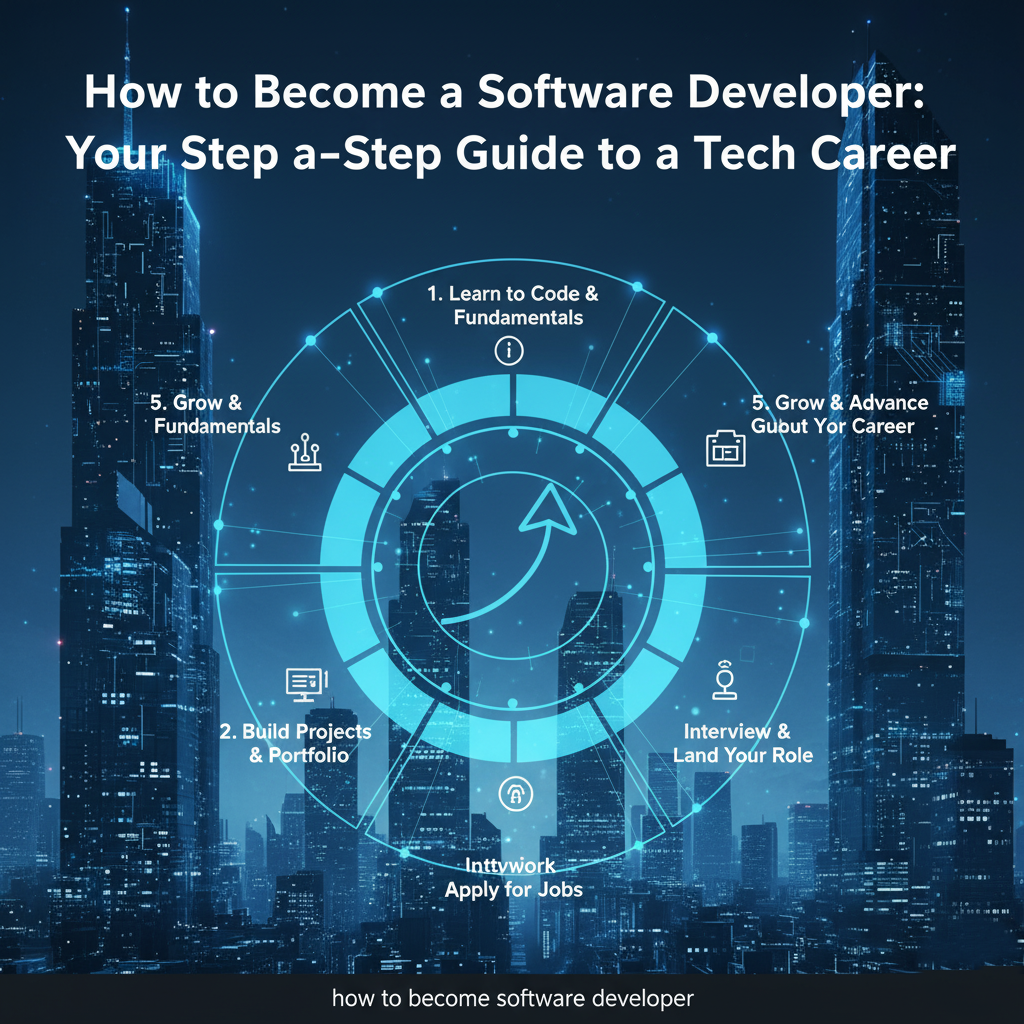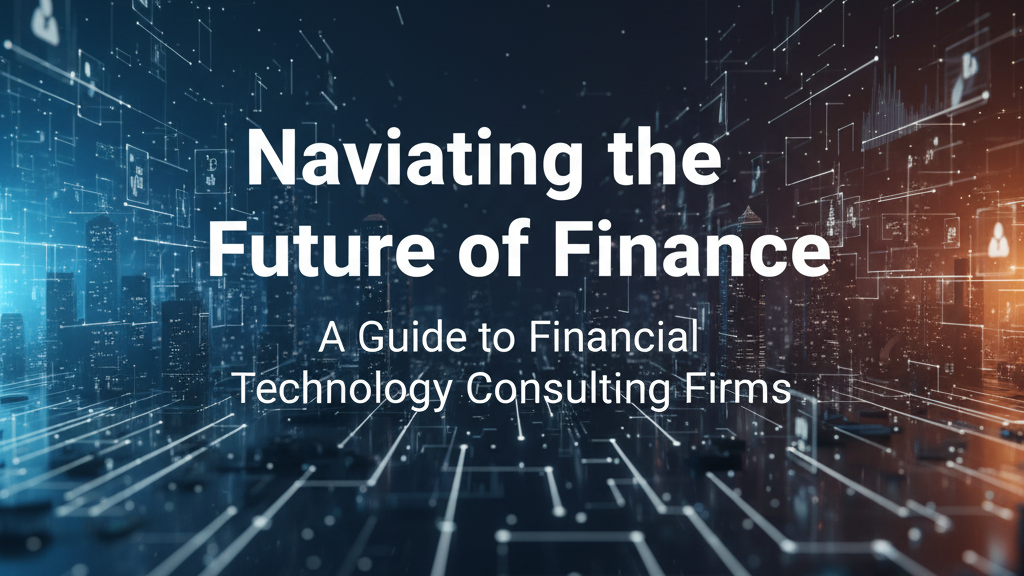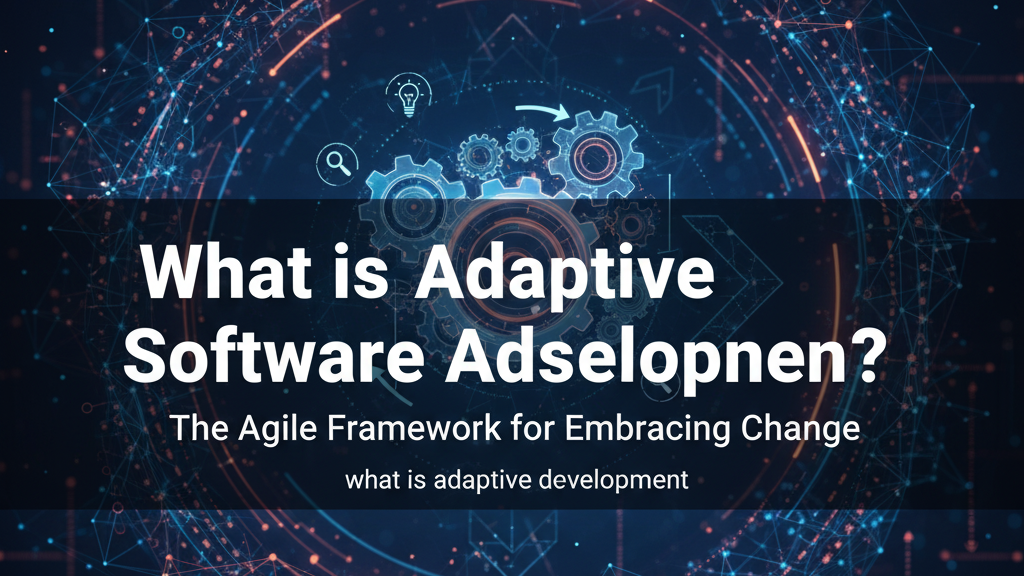“How long does it take to become a software developer?” It’s one of the most common questions aspiring coders ask, and the answer isn’t as simple as a single number. The journey depends heavily on your chosen path, dedication, and end goals. The good news? You can start building functional projects in months, not years.
Whether you’re a complete beginner or considering a career change, this guide breaks down realistic timelines for the main learning paths, from intensive bootcamps to self-taught journeys and traditional degrees. We’ll help you set the right expectations and create a plan that works for you.
The Short Answer: It Depends, But Here’s the Range
There’s no one-size-fits-all timeline, but here’s a general overview:
- Basic Job Readiness: 6 to 12 months of focused learning.
- Well-Rounded Competence: 1 to 2 years of practical experience.
- Deep Mastery/Specialization: 3 to 5+ years.
The exact timeframe hinges on several key factors.
Key Factors That Influence Your Timeline
Before choosing a path, understand what will speed up or slow down your progress:
- Your Learning Method: A structured bootcamp is faster than unstructured self-study.
- Time Commitment: Are you learning full-time (40+ hours/week) or part-time (10-15 hours/week) while working another job?
- Prior Experience: Do you have any background in logic, math, or technology? Even general problem-solving skills give you a head start.
- Your End Goal: Becoming a front-end web developer is typically faster than aiming for a role in a specialized field like machine learning or embedded systems.
Breaking Down the Different Learning Paths & Timelines
Path 1: The Coding Bootcamp (3-6 Months)
Coding bootcamps are intensive, immersive programs designed to take you from beginner to job-ready in the shortest time possible.
- Typical Duration: 3-6 months of full-time study.
- Pros:
- Structured Curriculum: Follow a proven path without guessing what to learn next.
- Mentorship & Peer Support: Get immediate help from instructors and collaborate with classmates.
- Career Services: Many bootcamps offer job placement assistance, resume reviews, and interview prep.
- Cons:
- High Cost: Can range from $10,000 to $20,000+.
- Intense Pace: The rapid learning curve can be overwhelming.
- Ideal For: Career-changers who can dedicate themselves full-time and want the fastest route to a junior developer role.
Path 2: The Self-Taught Route (6-12 Months)
The self-taught path is a journey of discipline, using free and low-cost online resources.
- Typical Duration: 6-12 months of consistent, part-time study (or 3-6 months full-time).
- Pros:
- Low Cost: Many excellent resources are free (freeCodeCamp, The Odin Project, YouTube).
- Ultimate Flexibility: Learn at your own pace and on your own schedule.
- Customizable Curriculum: Focus exactly on the skills you want to learn.
- Cons:
- Requires Extreme Discipline: It’s easy to get distracted or lose motivation without a structured plan.
- Lack of Guidance: You might waste time on outdated resources or struggle without a mentor.
- No Formal Network: Building a professional network requires more proactive effort.
- Ideal For: Highly motivated individuals with strong self-discipline who are on a tight budget.
Path 3: The Computer Science Degree (4 Years)
The traditional university path provides a deep, theoretical foundation in computer science.
- Typical Duration: 4 years for a Bachelor’s degree.
- Pros:
- Comprehensive Knowledge: Gain a deep understanding of algorithms, data structures, and computer theory.
- Strong Credential: A degree is still highly valued by many employers, especially for large tech companies and specialized roles.
- Networking Opportunities: Access to campus recruiting, internships, and a strong alumni network.
- Cons:
- Time & Cost: The longest and most expensive path.
- Theoretical Focus: May include less directly applicable coursework compared to bootcamps.
- Ideal For: Recent high school graduates or those seeking foundational knowledge for advanced fields like AI, cybersecurity, or computer graphics.
What to Expect at Each Stage of Your Journey
No matter the path, your progression will likely follow these stages:
- Months 0-3: The Fundamentals. You’ll learn basic programming concepts (variables, loops, functions), get comfortable with the command line, and build simple projects like a number guessing game or a basic website.
- Months 3-6: Building Real Projects. You’ll start working with frameworks (like React or Django), learn version control with Git, and create portfolio-worthy applications, such as a weather app or a simple CRUD (Create, Read, Update, Delete) application.
- Months 6-12: Job Ready. You’ll polish your portfolio, practice algorithms for technical interviews, learn about deployment, and begin applying for junior developer roles.
Accelerate Your Journey: 4 Pro Tips
- Code Every Day: Consistency is more important than marathon sessions. Even 30-60 minutes daily is better than cramming on weekends.
- Build, Build, Build: Theory is useless without practice. Your portfolio of real projects is your most valuable asset.
- Learn in Public: Share your progress on Twitter, LinkedIn, or a blog. This builds accountability and attracts opportunities.
- Find a Community: Join Discord channels, attend local meetups, or find a study buddy. Learning with others keeps you motivated.
Conclusion
The question “How long does it take?” is less important than “How can I start today?” The journey to becoming a software developer is a marathon, not a sprint. While bootcamps offer a shortcut, and degrees provide depth, the self-taught route proves that determination and consistency are the true keys to success.
Focus on building a strong foundation, creating a compelling portfolio, and networking within the tech community. Your unique timeline will unfold as you commit to the process. The best time to start was yesterday; the next best time is now.
Frequently Asked Questions (FAQ)
Q: Can I really become a software developer in 6 months?
A: Yes, it is possible with intense, focused dedication through a coding bootcamp or a rigorous self-taught schedule. However, “becoming a developer” means landing an entry-level job where you’ll continue learning extensively. The 6-month mark is often the starting line of your professional career, not the finish line.
Q: Is 30 too old to become a software developer?
A: Absolutely not. The tech industry values skill and problem-solving ability over age. Many successful developers transition into the field in their 30s, 40s, and beyond, often bringing valuable soft skills from previous careers.
Q: Which path has the highest success rate?
A: There’s no definitive “best” path. Bootcamps have high reported placement rates, but they also attract highly motivated individuals. CS degrees offer a comprehensive foundation. Self-taught developers succeed through sheer perseverance. Your personal success depends on your learning style, discipline, and dedication.
Q: Do I need a degree to get a job at Google or Facebook?
A: While many engineers at top tech companies have degrees, it’s not a strict requirement. These companies are increasingly skills-focused. An impressive portfolio, open-source contributions, and exceptional problem-solving abilities demonstrated in interviews can outweigh the lack of a formal degree.




